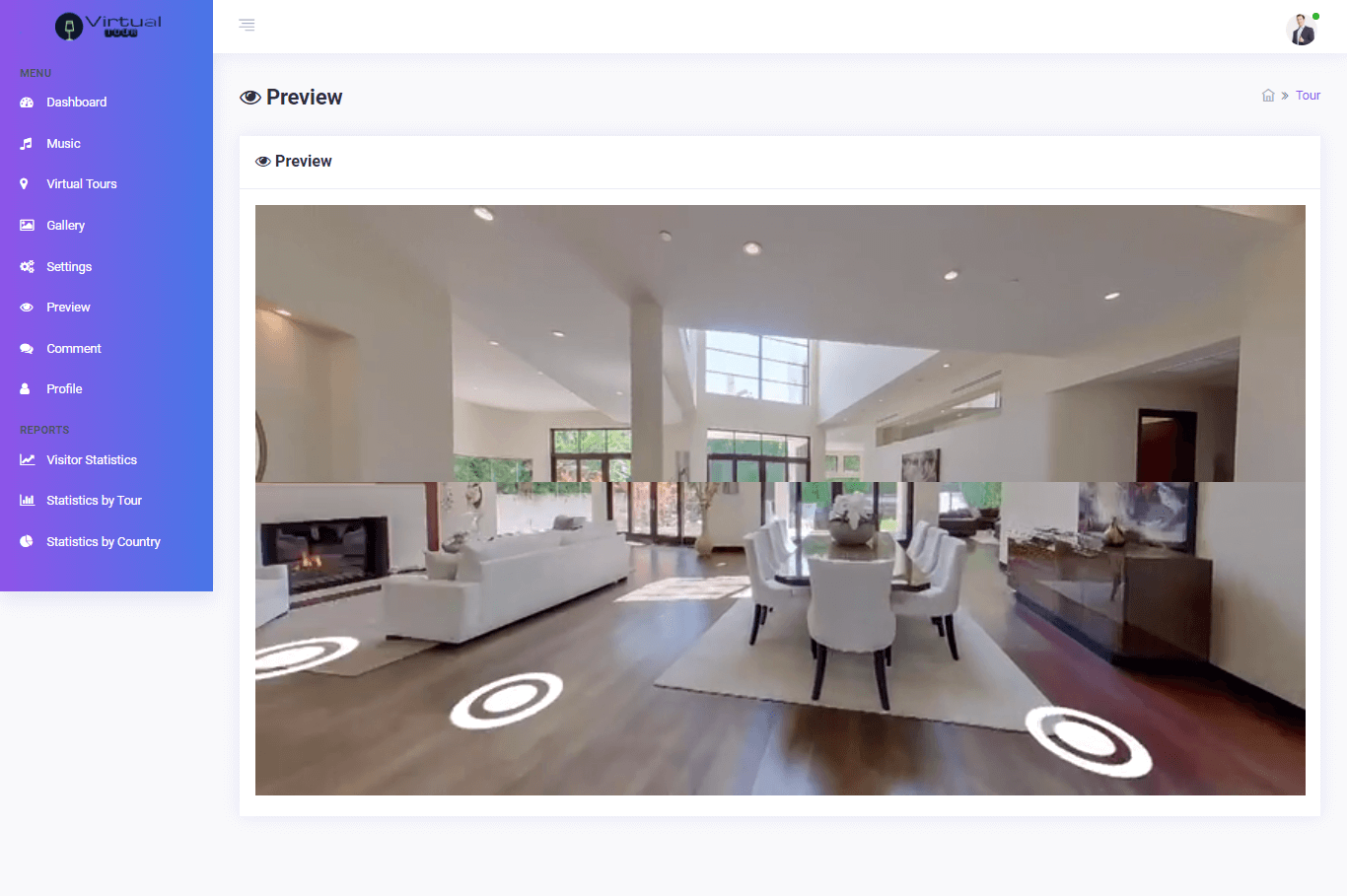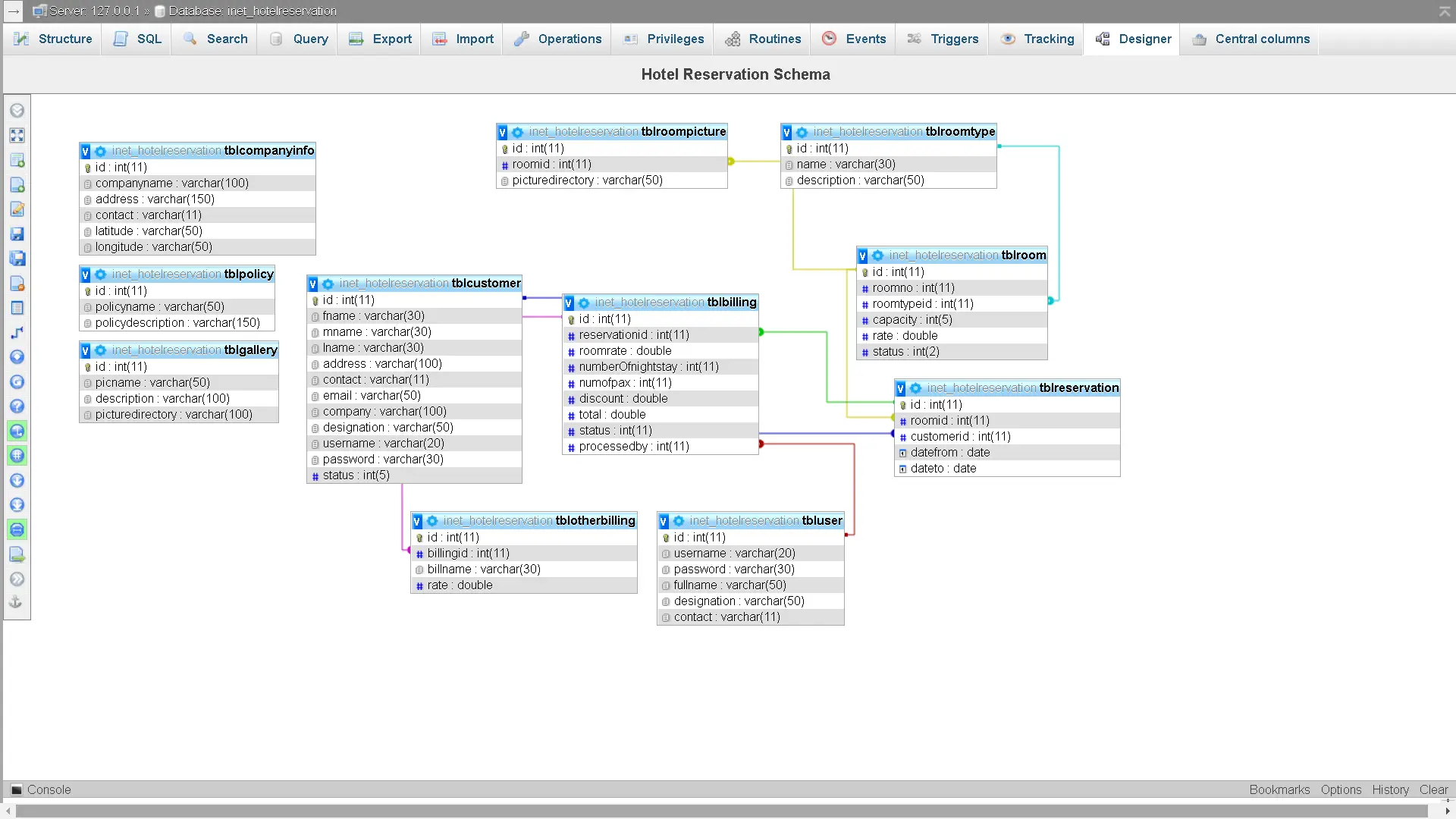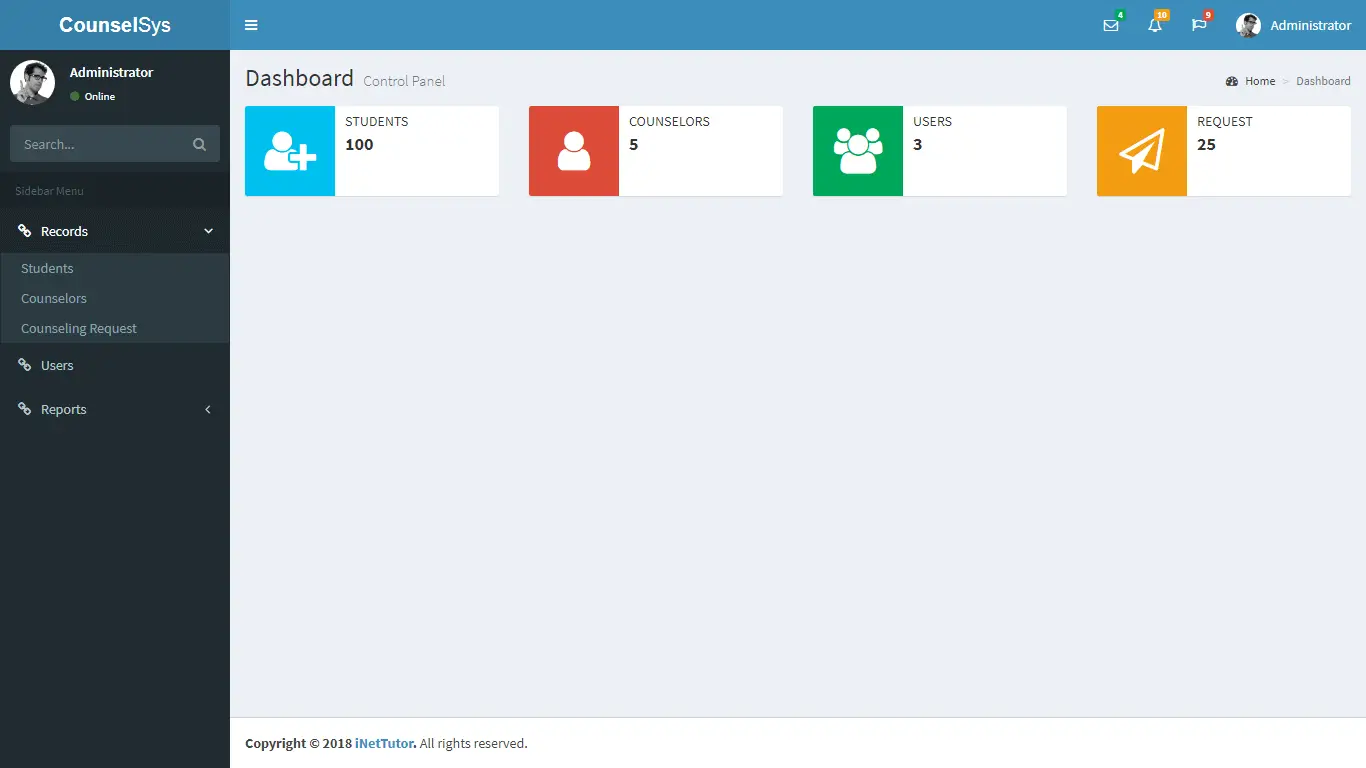Best IT Projects for Hotel and Tourism
The hotel and tourism industry has seen significant growth in recent years, and the use of technology has played a significant role in this growth. The adoption of IT projects has become increasingly important for hotels and tourism businesses to improve their services and stay competitive in the market. In this blog post, we will explore some of the best IT projects that hotels and tourism businesses can implement to enhance their operations, increase efficiency, and improve the overall customer experience. These projects range from IoT and AI-based solutions to mobile applications and web-based platforms. By adopting these IT projects, businesses in the hotel and tourism industry can stay ahead of the curve and meet the evolving needs and expectations of their customers. So whether you’re a hotel owner, tourism operator, or IT professional, read on to discover the best IT projects that can help take your business to the next level.
Introduction of IT Projects in Hotel and Tourism
Table of Contents
- Introduction of IT Projects in Hotel and Tourism
- Importance of adopting IT projects in the industry
- Software Development (Web and Mobile) Projects
- IT Projects related to AI for Hotel and Tourism Industry
- IT Projects related to IoT for Hotel and Tourism Industry
- Challenges and Opportunities for IT Projects
- Summary
In recent years, the hotel and tourism industry has been incorporating technology to improve guest experience and streamline operations. The COVID-19 pandemic has further accelerated the adoption of technology in this industry, as it has become necessary to reduce human-to-human contact and ensure safety measures.
IT projects related to hotel and tourism can range from improving guest experiences through mobile apps and virtual reality tours, to implementing automation and artificial intelligence to increase operational efficiency. Additionally, Internet of Things (IoT) technology can be utilized to create smart rooms, improve energy management, and automate tasks such as housekeeping.
One popular IT project for the hotel and tourism industry is the development of mobile apps that provide guests with features such as room service ordering, keyless room entry, and concierge services. Another project could involve the use of virtual reality to showcase hotel amenities and tourist destinations to potential customers. Automation and AI can also be used to optimize staff scheduling, inventory management, and marketing campaigns.
IoT technology can also be incorporated in the hotel and tourism industry to create a more sustainable and energy-efficient environment. Smart rooms can allow guests to control room temperature, lighting, and entertainment systems using their mobile devices. IoT sensors can also be used to optimize energy usage by adjusting room temperature and lighting based on guest occupancy.
Importance of adopting IT projects in the industry
Adopting IT projects in the hotel and tourism industry is crucial in this digital age where technology is rapidly advancing. Such projects offer several benefits that help improve the overall efficiency and productivity of the industry. Firstly, IT projects enhance customer experience by providing an excellent digital experience to guests, such as mobile apps for easy booking, digital check-in, and room service ordering. This helps hotels to build strong customer relationships, and as a result, improve their reputation and revenue.
Moreover, IT projects for hotel and tourism provide a competitive edge over competitors by streamlining business processes and reducing manual errors. These projects automate repetitive tasks such as room reservations, billing, and inventory management, allowing hotel staff to focus on providing better customer service. They also provide accurate and real-time data analytics that help in making informed decisions.
Another advantage of IT projects in the hotel and tourism industry is that they help reduce operational costs. For instance, a hotel can reduce staff costs by introducing self-service kiosks for guests to check-in, check-out, or even order food. This not only saves time for both guests and hotel staff but also reduces the need for additional staff.
In summary, IT projects are essential for the hotel and tourism industry to improve customer satisfaction, gain a competitive edge, reduce operational costs, and enhance overall efficiency. The integration of such projects enables hotels and tourism businesses to remain relevant in a technology-driven world while offering an excellent customer experience.

Software Development (Web and Mobile) Projects
- Hotel Reservation Application – A software application designed to facilitate online bookings and reservations for hotels, resorts, and other lodging establishments.
- Tourism Management Database System – A database system that provides a platform for managing and organizing information related to tourism, such as tourist attractions, hotels, restaurants, and transportation.
- Management Information Systems for Tourism and Hospitality – A software system designed to manage and process data related to tourism and hospitality operations, such as reservations, inventory management, and customer data.
- Hotel and Restaurant Management and Monitoring System with SMS Support – A software system designed to manage and monitor hotel and restaurant operations, with SMS support for real-time notifications and alerts.
- Mobile Based Tourist Destination Information – A mobile application that provides tourists with information on tourist destinations, attractions, and events in a particular area.
- Hotel Best Prices Mobile Application – A mobile application that allows users to search and compare hotel prices and amenities to find the best deals.
- Hospitality Information System – A software system designed to manage and process data related to hospitality operations, such as reservations, guest information, and inventory management.
- Cloud-Based Property and Hospitality Management – A cloud-based software system that provides a platform for managing and processing data related to property and hospitality management, such as bookings, reservations, and guest information.
- Hotel Booking App For Smart Travel – A mobile application that allows users to book hotels and accommodations for their travels.
- Point of Sale (PoS) System used in the Hotel Industry – A software system designed for the hotel industry that manages and processes transactions related to guest purchases and payments.
- BrowseHotel: Hotel Hopping using Mobile Devices – A mobile application that allows users to browse and book multiple hotels in one trip, with the ability to switch hotels at any time during the trip.
- Transaction Processing System in Hotel and Restaurant – A software system designed to manage and process transactions related to hotel and restaurant operations, such as reservations, bookings, and payments.
- Travel Destination and Events Portal – A website or software system that provides information on travel destinations, attractions, and events.
- Property Management Information System – A software system designed to manage and process data related to property management, such as bookings, reservations, and guest information.
- Hotels and Vacation Rentals – A software system designed to manage and process data related to hotels and vacation rentals, such as reservations, bookings, and guest information.
- Interactive Hotel Tour via Virtual Reality – A virtual reality experience that allows guests to explore and interact with hotel rooms and amenities before making a reservation.
- Mobile App Hotel Reservation System with SMS Notification using iTexMo API – A mobile application that allows users to book hotel reservations with SMS notifications for real-time updates and alerts.
- Multi Hotel Management System in PHP and MySQL – A software system designed for managing multiple hotels and their operations, such as reservations, bookings, and guest information.
- Tourism Web Application using PHP and MySQL – A web-based application that provides a platform for managing and processing data related to tourism, such as reservations, bookings, and customer data.
- Mobile Check-in and Check-out – A mobile application that allows guests to complete the check-in and check-out process using their mobile devices for convenience and efficiency.
- Digital Menu and Ordering System – A tablet-based ordering system that streamlines food and beverage service in restaurants and hotels.
- Virtual Reality Tourism – Develop immersive VR experiences for guests to explore local attractions, landmarks, and cultural sites in a virtual environment.

- Intelligent chatbots for hotel bookings and customer service: AI-powered chatbots can handle customer queries and provide personalized recommendations to guests. They can also assist in booking hotel rooms, making travel arrangements, and answering any questions guests may have during their stay.
- Facial recognition technology for check-in and access control: This technology can be used to streamline the check-in process for guests and provide secure access control to restricted areas in hotels. It can also be used to identify guests and personalize their experience during their stay.
- AI-powered room service recommendations and customization: AI-powered systems can analyze guest preferences and make personalized recommendations for food and beverage options. They can also customize room settings such as lighting and temperature based on guest preferences.
- Predictive maintenance systems for hotel equipment and facilities: These systems use machine learning algorithms to predict when maintenance is needed for hotel equipment and facilities. This helps hotels to prevent breakdowns and avoid unexpected costs.
- Personalized itinerary planning using machine learning algorithms: AI can help guests plan their itinerary by analyzing their preferences, interests, and previous travel history. This can lead to a more personalized and enjoyable travel experience.
- Smart pricing and revenue management systems using AI and big data: These systems can help hotels to optimize pricing and revenue management strategies by analyzing customer data and market trends.
- Virtual reality tours and experiences for travel destinations and hotels: Virtual reality technology can provide guests with immersive experiences of travel destinations and hotels, helping them to make informed decisions when booking their trips.
- Intelligent marketing and advertising using AI for targeted promotions and offers: AI-powered systems can analyze customer data to create targeted promotions and offers, leading to increased customer engagement and loyalty.
- Sentiment analysis of customer feedback to improve guest experience: AI can be used to analyze customer feedback and provide insights into areas of improvement for hotel services and amenities.
- Intelligent event planning and management using AI and predictive analytics: AI-powered systems can help hotels to plan and manage events by analyzing customer data and predicting their needs and preferences.
- Smart Room Control System: Develop a system that uses IoT devices to control various room functions, such as lighting, temperature, and entertainment.
- Indoor Positioning System: Develop a system that allows guests to navigate through the hotel using IoT devices and sensors to track their location.
- Energy Management System: Develop a system that uses IoT devices to monitor and manage the energy consumption of hotel facilities, such as lighting and HVAC systems.
- Smart Hotel Security System: Develop a system that uses IoT devices to monitor hotel security, such as door locks, surveillance cameras, and motion sensors.
- Smart Inventory Management System: Develop a system that uses IoT devices to monitor hotel inventory, such as room supplies and kitchen stock, and automatically re-order items as needed.
- Smart Parking System: Develop a system that uses IoT devices to manage parking facilities, such as tracking available spaces and allowing guests to reserve spots in advance.
- Environmental Monitoring System: Develop a system that uses IoT devices to monitor hotel environmental conditions, such as air quality and temperature, to ensure guest comfort and safety.
- Water Management System: Develop a system that uses IoT devices to monitor and manage water usage in hotels, such as detecting leaks and optimizing water consumption.
- Smart Concierge System: Develop a system that uses IoT devices and AI to provide guests with personalized recommendations and assistance during their stay.
- Food Safety Monitoring System: Develop a system that uses IoT devices to monitor food safety in hotel kitchens, such as tracking temperature and storage conditions.
- Sustainability and Green Technology – Introduce eco-friendly solutions, such as energy-efficient lighting, recycling programs, and water-saving devices to reduce the hotel’s carbon footprint.
Challenges and Opportunities for IT Projects
The adoption of IT projects in the hotel and tourism industry is not without its challenges. One of the primary challenges is the initial investment cost, which can be quite high for some projects. Additionally, there may be a resistance to change from hotel and tourism industry stakeholders who are used to traditional methods.
However, the benefits of IT projects in this industry far outweigh the challenges. Implementing IT projects can lead to increased efficiency in operations, enhanced customer experience, and improved revenue generation. For instance, a hotel booking system can simplify the reservation process for guests, while also providing real-time availability updates for hotel staff.
Moreover, IT projects can help businesses gain a competitive advantage by enabling them to offer innovative and unique services to customers. With the growing trend of personalization, IT projects such as data-driven recommendations can be used to tailor services to the specific needs and preferences of each customer.
The challenges of implementing IT projects in the hotel and tourism industry can be overcome by recognizing the opportunities they present for improving efficiency, customer experience, and revenue generation. By embracing technology and innovation, businesses in this industry can stay ahead of the curve and meet the evolving needs and expectations of their customers.
Summary
The article outlines the top IT projects that can revolutionize the hotel and tourism industry. It covers different areas where technology can be integrated into the industry to streamline processes, enhance customer experience, and boost revenue. The projects discussed include online booking and reservation systems, mobile applications, virtual reality tours, IoT-enabled room automation systems, and chatbots. The article also highlights the importance of adopting IT projects in the industry and the challenges and opportunities that come with it.
The article emphasizes that technology can play a significant role in improving the overall experience for both hotel guests and staff, leading to increased productivity and efficiency. The projects listed in the article are not only innovative but also practical and cost-effective, making them ideal for businesses of all sizes.
Overall, the article provides valuable insights into how technology can be leveraged in the hospitality industry to stay competitive and meet the evolving needs of customers. It is an informative read for hotel and tourism businesses looking to enhance their operations and provide exceptional service to their guests.
Readers are also interested in:
- List of 55 Best IT Capstone Projects on Business Administration and Management
- List of 45 Best Nursing and Health Related IT Capstone Project
- Best 75 List of IT Capstone Project for Agriculture
- 70 Best Web-Based Capstone Projects in PHP and MySQL
You may visit our Facebook page for more information, inquiries, and comments. Please subscribe also to our YouTube Channel to receive free capstone projects resources and computer programming tutorials.
Hire our team to do the project.


